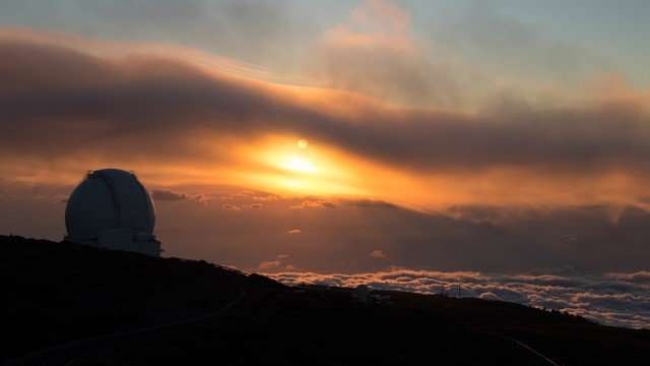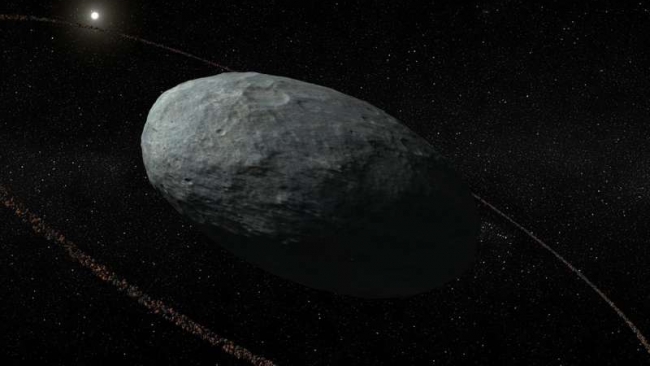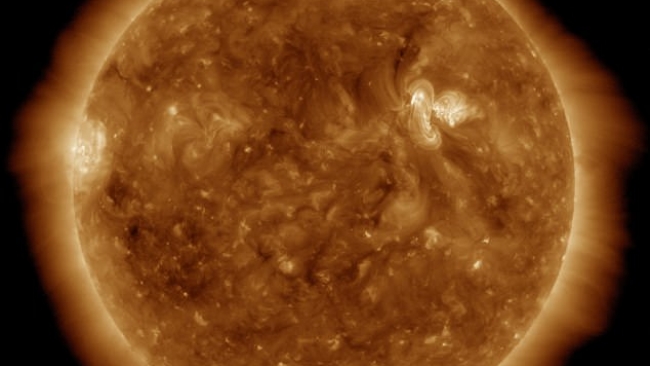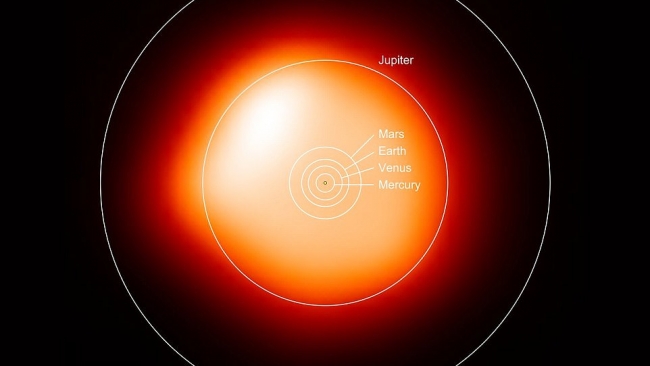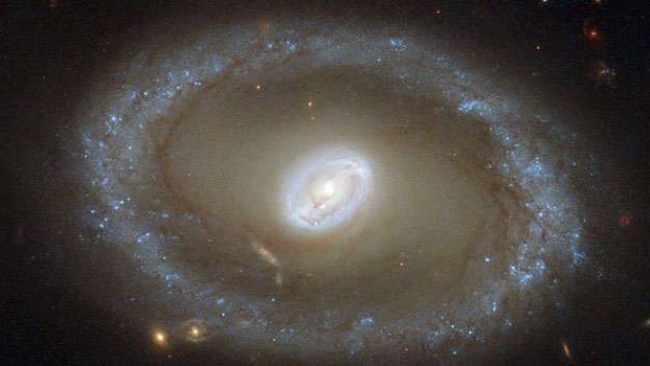Microbes may help astronauts transform human waste into food
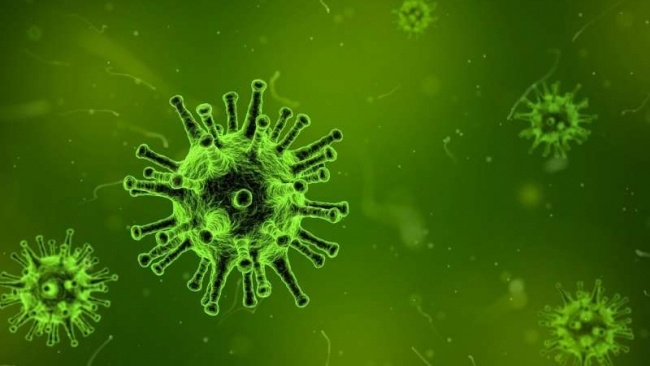
Human waste may one day be a valuable resource for astronauts on deep-space missions. Now, a Penn State research team has shown that it is possible to rapidly break down solid and liquid waste to grow food with a series of microbial reactors, while simultaneously minimizing pathogen growth.
The team found that methane was readily produced during anaerobic digestion of human waste and could be used to grow a different microbe, Methylococcus capsulatus, which is used as animal feed today. The team concluded that such microbial growth could be used to produce a nutritious food for deep space flight. They reported in Life Sciences in Space Research that they grew M. capsulatus that was 52 percent protein and 36 percent fats, making it a potential source of nutrition for astronauts.
Because pathogens are also a concern with growing microbes in an enclosed, humid space, the team studied ways to grow microbes in either an alkaline environment or a high-heat environment. They raised the system's pH to 11 and were surprised to find a strain of the bacteria Halomonas desiderata that could thrive. The team found this bacteria to be 15 percent protein and 7 percent fats. At 158 degrees Fahrenheit, which kills most pathogens, they grew the edible Thermus aquaticus, which consisted of 61 percent protein and 16 percent fats.
Source: Phys.org
Fri 26 Jan 2018 at 09:47
